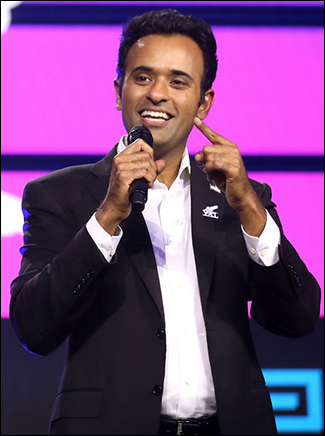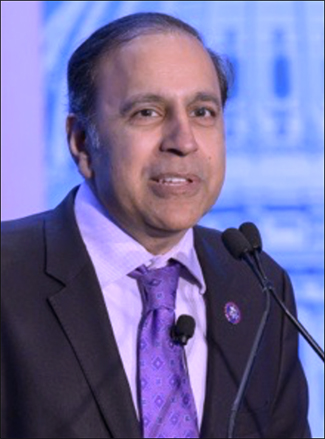By Jim Ellis — Thursday, Sept. 4, 2025
Senate
On the heels of Sen. Joni Ernst (R-IA) announcing her retirement earlier this week, three-term US Rep. Ashley Hinson (R-Marion/Cedar Rapids) quickly declared her candidacy for the now open Iowa Senate seat.Rep. Hinson will be a strong statewide candidate. In the House since 2021, a state Representative for two terms, and a Cedar Rapids ABC affiliate news anchor before running for office, Congresswoman Hinson has both the political and media experience necessary to be a strong candidate. Though the Republicans are losing an incumbent on the 2026 statewide ballot, Rep. Hinson will give the party everything they need to hold the open Senate seat.
The Democratic field is expected to remain constant. It features state Sen. Zach Wahls (D-Des Moines), state Rep. Josh Turek (D-Council Bluffs), Des Moines School Board chair Jackie Norris, and local Chamber of Commerce executive Nathan Sage. The open Governor’s race has attracted the state’s lone statewide Democratic officeholder, State Auditor Rob Sand.
Although Rep. Hinson’s 2nd Congressional District being in an open situation leaves competitive potential. Dave’s Redistricting App calculates a 51.4R – 45.3D partisan lean. President Trump carried the IA-2 district with a 54-44 percent victory margin over Kamala Harris. In 2020, Hinson defeated one-term Rep. Abby Finkenauer (D) who had unseated then-Rep. Rod Blum (R) in 2018.
Iowa is one of 31 states that register voters with partisan affiliation. In the 2nd District, 450,332 individuals are actively registered to vote. A total of 36.1 percent affiliate as Republican, 33.4 percent as No Party, 29.8 percent Democratic, and 0.7 percent as “Other.”
Therefore, the statistics suggest that this northeastern Iowa district leans Republican but, as in 2018 when Finkenauer won, the seat has flip potential in a strong Democratic year.
Expect to see political musical chairs begin among state legislators who represent districts that fall within the 2nd CD boundaries. It is likely we will see several current or former lawmakers come forward. One person already reportedly making fundraising calls and informing potential supporters that he is going to run is Trump Administration HUD official Joe Mitchell, a former state Senator.
Turning to the Democratic side, four individuals are already active candidates including state Rep. Lindsay James (D-Dubuque). The other candidates are ex-nursing college dean and retired Army Lt. Col. Kathy Dolter, 2020 local office nominee Don Primus, and pastor and non-profit organization founder Clint Twedt-Ball. It is probable we will soon see other Democrats also come to the forefront.
The 2nd District lies in Iowa’s northeast sector under the state’s quadrant congressional redistricting plan. It borders the Mississippi River and Illinois on the east and Minnesota to the north.
Under the rather unique plan, incumbents’ residences are not considered when drawing maps, and all counties are kept whole within each individual CD. Thus, the 2nd District houses 13 complete counties with four significant population centers. In order of size from large to small, the inhabitant clusters are the cities of Cedar Rapids, Waterloo, Dubuque, and Mason City.
Counting IA-2, a total of 31 seats are now in the open category (15R, 12D, with three new as a result of Texas redistricting), and Rep. Hinson becomes the tenth House member to run for the Senate in the current election cycle. Once the four special elections to fill vacant seats conclude beginning next week and running through early next year, the open seat will at least temporarily drop to 27.






